Another post on John's Naval, Marine and other Service news
.
.
.

BACK HOME: Commander Trevor Leslie spent time clearing bombs left scattered around the Solomon Islands following World War II.
A former Waikato man and navy commander has returned from the Solomon Islands after a multi-national military operation to clear bombs from World War II that were left scattered around the tiny Pacific nation.
Commander Trevor Leslie led Operation Pukaurua, a team of more than 150 from the New Zealand defence force, Solomon Islands police, the Australian defence force, and the United States and Canadian navies.
They cleared over four tonnes of bombs, mortars, grenades and projectiles that were submerged under water and on land in the western province of the Solomon group.
"We found over 1500 90mm high-explosive projectiles in the Sasavele Lagoon," Commander Leslie said.
"We then shifted our focus to Rendova, which was cleared of all known ordnance and then turned our attention to the village of Munda, where we found explosives around peoples' homes and in the surrounding jungle."
Commander Leslie was born in Te Kuiti and joined the New Zealand Navy as a writer after he finished his senior year at Te Awamutu College in 1986.
"I always wanted to be a diver, but back in those days you had to join as something else and then change over to the dive branch," he said.
"I was lucky enough to pass selection for the dive branch in 1988 and after 13 years in the operational dive team I commissioned as a mine clearance diving officer."
Two New Zealand navy vessels were in the Solomon Islands - the long-range patrol and surveillance ship HMNZS Wellington and the specialist dive vessel HMNZS Manawanui.
The Manawanui and the navy's operational dive team were involved in the recovery of the bodies of 2Degrees boss Eric Hertz and his wife Kathy Hertz after their plane crashed off the Raglan coast in March.
"We're a small team, but we're always very busy.
"Our main job is to protect New Zealand's strategic waterways through mine disposal, explosive and ordnance demolition and salvage diving.
"But we also do a lot of work with other Government departments such as Customs and the Ministry of Primary Industries and the New Zealand Police, who often call upon us to help recover those lost in New Zealand's lakes, rivers and oceans," he said.
Operation Pukaurua used specialist equipment like metal detectors, underwater sonar equipment and an army explosive detection dog to search for remnants of explosives, Commander Leslie said.
"It's a tough job, but at the same time it's a fantastic adventure. I was in the middle of the tropics, blowing up bits of old bombs and making a community a safer place to live in."
elton.smallman@waikatotimes.co.nz
.
.





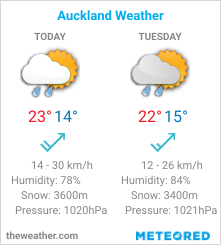
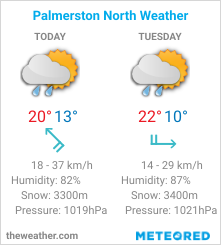
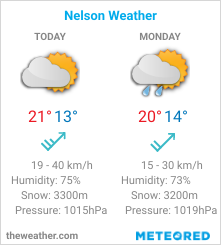
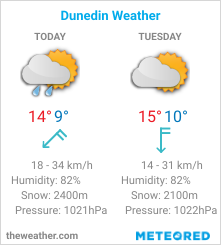
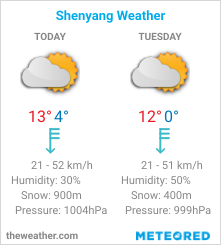
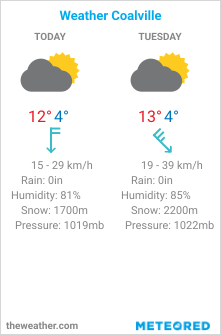
No comments:
Post a Comment
How did you like the post, leave a comment. I would appreciate hearing from you all. Best wishes from JC's Naval, Maritime and Military News